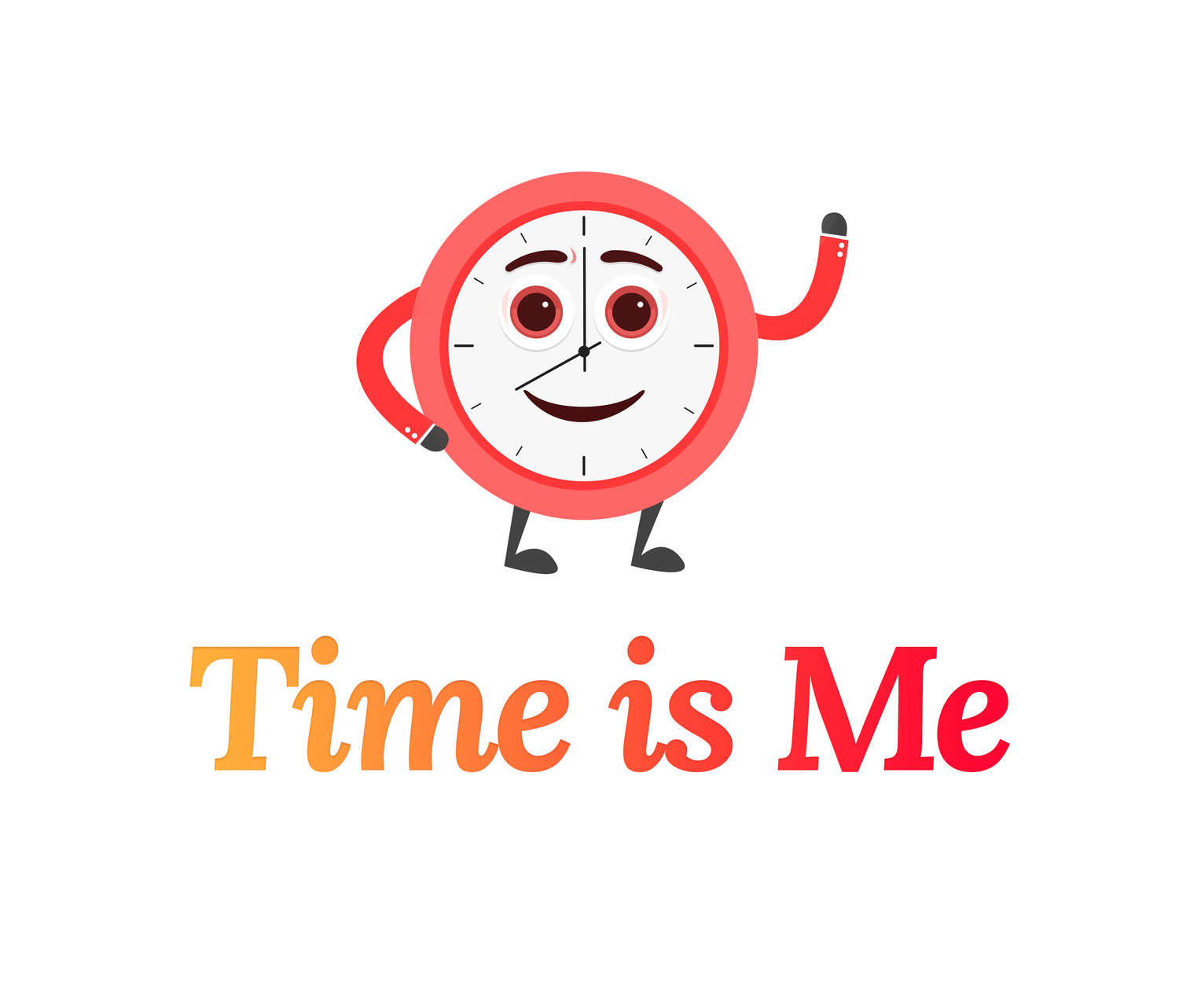I have over 15 years of consistent daily journaling. Last year in August, I have decided to take on the task of reviewing every single day of each journal. I have just finished this past week as it has taken nearly a year to do so. It is has been exciting to see how I have grown and also to see how many different journaling methods I have employed over this time. In a very similar manner, we should reflect on how we spend our time. Just like we would review a financial budget on regular basis (usually monthly), we should also review how we spend our time. This goes back to the time budget that I have discussed in previous posts in addition to tracking our time regularly so we actually know where it is going. It doesn’t have to be for a very long time or everything we do, you can just focus on a few activities at a time. For example, how much time did we spend on social media each day for a week, and what the total for that week is. Or you can take my approach and track every minute of the day and do it continuously. I have been time budgeting since 2012. There is plenty of room in between as well that will work perfect for you. No matter which methods you choose, here are five reasons you should regularly take time to reflect on how you spend your time. These apply no matter what method you decide on.
- You have an idea of where you time is going. You may think you have an idea where your time is going, but you won’t know until you actually track it. You may be surprised how much time you spend on some things, or how little you do on other things. This happens especially when we look at it over a month and a year.
- There is guidance. When you see time going to things in higher quantities than you want to, you realize where and how you can improve. You are then able to find time for the things we are really trying to do and accomplish.
- There is personal accountabilty. It is always good to have someone keep you accountable for a goal you want to achieve. Even better is to have a way to keep yourself accountable. When you keep track of how you spend your time and it is being measured, that is a very good thing because you are accountable to yourself. Also, knowing that your time is being tracked will keep you accountable during the process.
- You know how to make adjustments to your schedule. You may find that your schedule is unreasonable as it was set up and you will realize that you will have to cut things out to make it reasonable. If you don’t have enough scheduled you have free time (less common), you will then realize you can schedule more time for your goal.
- There is motivation to keep going. When your time is being tracked and you are regularly reviewing how you spent your time, there is motivation to better for the next time you review your time. It creates a healthy competition against yourself the earlier period and motivation to reach a new goal each time you review.
I can’t say enough how important it is to recognize the need for reviewing how you spend your time. It has helped me tremendously. I regularly review my time and how it is spent regularly and I consistently make improvements. This is how I am able to find time to write a blog like this and will continue to grow Time is Me. Thank you again for all for taking time to read this blog and I look forward to continue to serve you later.

